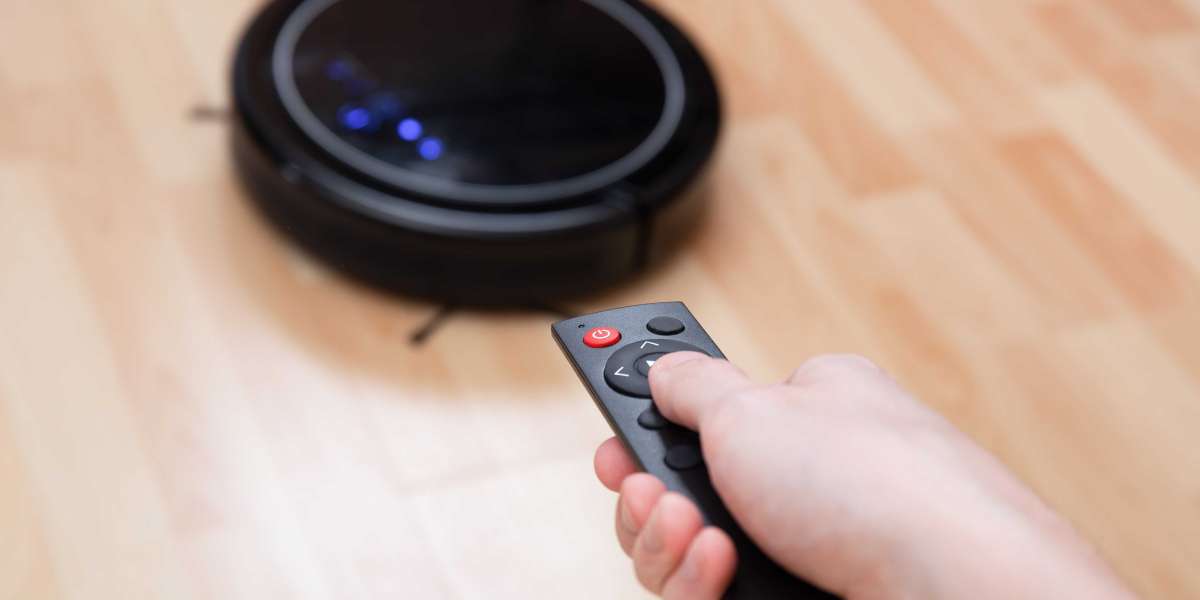In recent years, the concept of Smart Homes has gained significant traction, revolutionizing the way we interact with our living spaces. With the integration of artificial intelligence (AI), home automation has become more intuitive, efficient, and user-friendly. But what exactly does this mean for homeowners and the future of living?
Understanding Smart Homes
Smart Homes refer to residences equipped with devices that automate tasks traditionally handled by humans. These devices can be controlled remotely through smartphones or voice commands, allowing for seamless management of various home functions. From lighting and heating to security systems, the possibilities are endless.
The Role of AI in Home Automation
AI plays a crucial role in enhancing the functionality of Smart Homes. By learning user preferences and behaviors, AI systems can optimize energy usage, improve security, and even suggest maintenance schedules. For instance, a smart thermostat can adjust the temperature based on your daily routine, ensuring comfort while saving energy.
- Energy Efficiency: Smart devices can monitor energy consumption and suggest ways to reduce waste.
- Enhanced Security: AI-powered cameras and alarms can detect unusual activities and alert homeowners.
- Convenience: Voice-activated assistants can control various devices, making daily tasks easier.
Benefits of Smart Homes
Investing in Smart Homes offers numerous advantages. Homeowners can enjoy increased convenience, enhanced security, and improved energy efficiency. Moreover, the integration of smart technology can significantly increase property value. But how can one ensure they are making the right choices when setting up their smart home?
Key Considerations for Smart Home Setup
- Assess Your Needs: Determine which areas of your home would benefit most from automation.
- Choose Compatible Devices: Ensure that all devices can communicate with each other for seamless integration.
- Prioritize Security: Invest in robust security systems to protect your smart home from potential threats.
As you explore the world of Smart Homes, consider visiting for innovative solutions that can enhance your home automation experience.
The Future of Smart Homes
Looking ahead, the future of Smart Homes appears promising. With advancements in AI and IoT (Internet of Things), we can expect even more sophisticated systems that will learn and adapt to our lifestyles. Imagine a home that not only responds to your commands but anticipates your needs. This level of personalization will redefine convenience and comfort.
Conclusion
In conclusion, Smart Homes are not just a trend; they represent the future of living. As AI continues to evolve, the potential for home automation will expand, making our lives easier and more efficient. Embracing this technology today can lead to a more sustainable and enjoyable living environment tomorrow.







